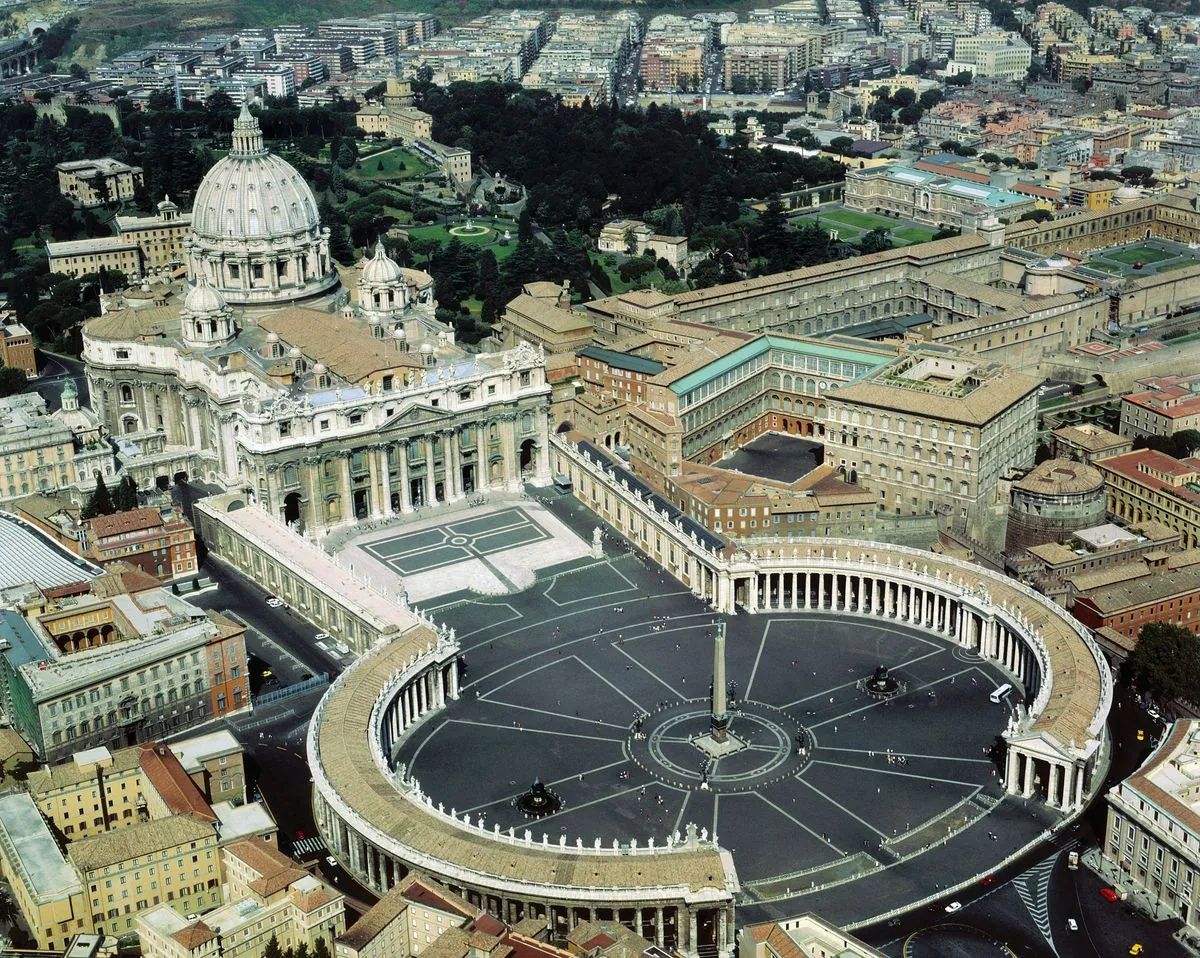The Vatican has initiated a new investigation into an alleged information leak concerning its high-profile financial probe, often referred to as the "trial of the century." This development comes as part of a broader Italian inquiry into potential misuse of a police database.
According to reports, data belonging to four key suspects in the Vatican's trial was accessed from an Italian police database in July 2019, coinciding with the commencement of the Vatican's investigation. At that time, knowledge of the probe was limited to a select few within the Vatican, including the Pope, prosecutors, and gendarmes.
Alessandro Diddi, the Vatican's chief prosecutor, and Gianluca Gauzzi, head of the city-state's gendarmes, met with Raffaele Cantone, the Italian chief prosecutor leading the broader investigation. The meeting aimed to establish a collaborative effort between the two parallel investigations.
The Vatican's investigation focuses on "alleged abusive accesses" made during the inquiry into the London building purchase. This case has been a significant focus for the Vatican, with nine individuals convicted in December 2023, including the once-influential Cardinal Angelo Becciu.
"The reason for the meeting was to agree on launching a collaborative effort in the two, parallel investigations."
The data of four convicted defendants - Cecilia Marogna, Raffaele Mincione, Gianluigi Torzi, and Fabrizio Tirabassi - were among hundreds of names accessed from the Italian police database. This breach has raised concerns about the security of sensitive information and the potential impact on ongoing investigations.
The Vatican City State, despite being the world's smallest country with an area of just 0.44 square kilometers, has been at the center of this complex financial investigation. The case has drawn significant attention to the Vatican's financial operations and transparency efforts.
This latest development underscores the challenges faced by the Vatican in maintaining the integrity of its judicial processes. With a population of approximately 825 people and its own unique legal system, the Vatican's ability to handle such high-profile cases is under scrutiny.
The collaboration between Vatican and Italian authorities in this investigation highlights the interconnected nature of legal matters involving the Holy See. As the probe continues, it may have implications for the Vatican's diplomatic relations, which currently extend to 183 countries.
As this story unfolds, it serves as a reminder of the complexities surrounding the Vatican's governance and its efforts to address financial transparency. The outcome of this investigation could have far-reaching consequences for the Vatican's ongoing reform efforts and its reputation on the global stage.
